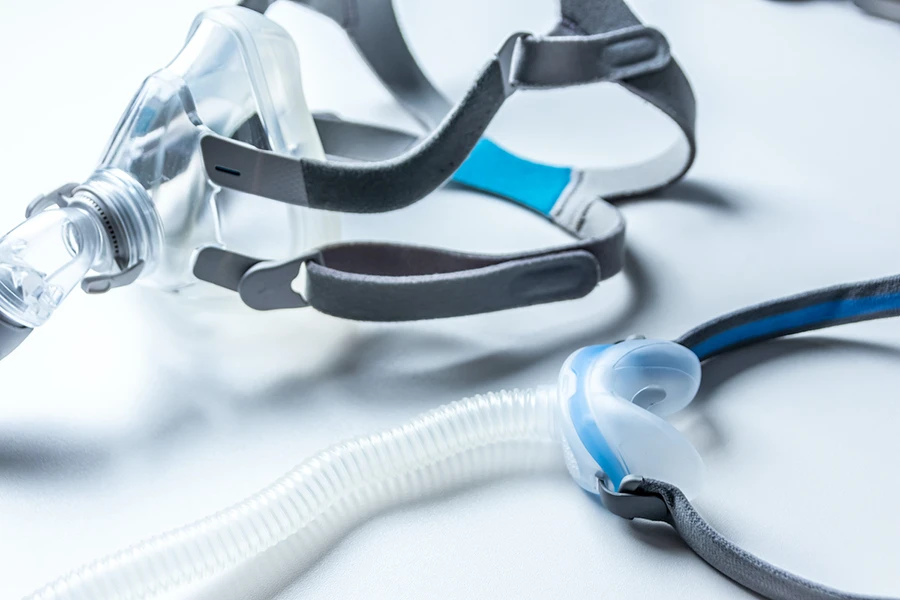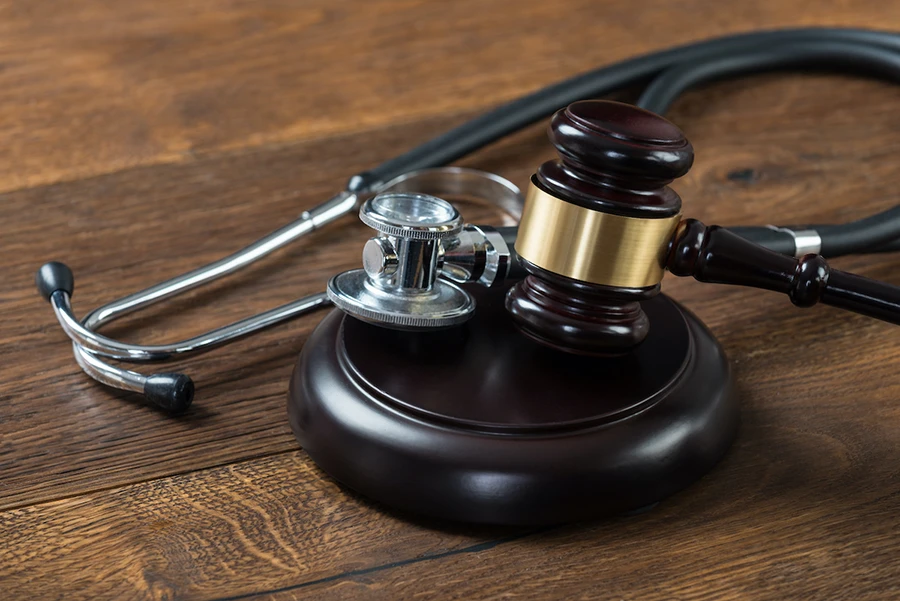Vetting and On-Boarding Expert Witnesses
By: Simon Law | August 12, 2021

When you file a lawsuit for a client who has suffered a broken leg, it makes intuitive sense to hire an orthopedist to give expert testimony in your case. Many cases are not that straightforward, however, and in these complex cases, presenting the right kind of expert testimony can make or break your case. In Episode 304 of Heels in the Court, trial attorneys Liz Lenivy, Mary Simon and Megan Crowe consider the choice of experts in complex injury cases. What kinds of expert witnesses do you need in these cases? What’s the best, most cost-efficient approach for bringing your expert up to speed on the facts of your case? Here are several basic approaches:
I’ve got a case that involves gastroenterology and whether a certain gastroenterology condition is related to some negligence that has occurred. Believe it or not, gastroenterology is not a subject area that I have a go-to expert on. So the question becomes “Where do I find an expert in that field?” We have a number of different resources for that. We have a company that we consult with from time to time for very specific experts. We have listservs that we are members of. You can ask your colleagues if there’s anyone they would recommend. We have databases that we search through. There are a lot of different ways to find an expert. The next question becomes, how do we contact this person and what records do we send?
The succinct answer is any approach that works, of course, and the decision always includes an element of cost-efficiency. The analysis involves looking at the case to see if it warrants the specialized research required through expert vendors, as it can be costly.
There are other variables at play, such as experience. Some highly qualified experts do not present well in court—they do not talk in ways that are easily understood by jurors or they get mushy when their well-considered opinions face stiff cross-examination. Here’s another challenge: repeatedly using the same expert on your cases comes with a cost, as Mary Simon explains:
[Every single time you use an expert], it’s kind of another tally against your doctor in their deposition. First question they’re going to be asked is as “Has the Simon Law Firm retained you before?” “Oh yes.” “How many times? Which lawyers? What cases? When were they?” It just opens up a big line of questioning. So in order to avoid that, I do the same thing that Liz does, which is I’ve done independent literature searches.
Here is another hurdle. Just because an expert is willing to testify doesn’t mean the court will allow that testimony. Liz Lenivy notes one way to lessen that risk:
One additional point on researching your expert is oftentimes in databases, whether it’s Westlaw or Lexus nexus, whatever you may use, you can actually look up expert sort of report generator. So it will show you how often do they testify. What other jurisdictions have they testified in? What’s the breakdown of testifying on behalf of plaintiffs versus defendants? Do you have someone who is a 100% plaintiff or a 100% defense person? Additionally, you can look up whether or not their testimony has ever been stricken by a court before.
Experts who testify only for plaintiffs or only for defendants are carrying baggage that attorneys will want to avoid, but it’s not determinative of credibility. When experts are asked about this during deposition respond that they’ve only ever testified in court or in deposition for defendants, they may be offering compelling expert testimony and be so likeable that it can be overlooked, especially if the defendants also have an expert with an 85-100% testifying rate on behalf of defendants. It’s not a first choice, but enough pros can outweigh the cons.
The specialties for expert witnesses are numerous, and they include more than opining on a particular medical issue. Sometimes, you’ll need a consulting expert. Having an expert available, even in nonmedical or non-product liability cases, is great for consulting in the event more needs to be learned about regulations and the statutes that apply. They can also be available when necessary.
If you provide your new expert with thousands of documents to review at a rate of $500/hour, having that expert might not be justified by the overall value of the case. How should the attorney proceed? Cull records to the relevant number and send them to the expert with an explanation that it is not the complete set as it’s critical to show you’re not purposefully hiding information or sending records to form an opinion. A letter or correspondence should say, “I’m enclosing these records. Please know that there are an additional 15,000 pages of flow sheets, which I’m happy to provide to you if you believe that they will assist in your opinion.”
Mary Simon emphasized the need to think ahead to the expert’s deposition as a key moment for the expert:
[T]he biggest takeaway from this is to make sure your experts have everything they need to give their opinions. And make sure you’re not leaving anything out that would change their opinions or alter their opinions or that they would need to review to form additional opinions. The deposition, that’s the question. You’re thinking ahead to their deposition.
These are only some of the highlights from a much longer discussion. You are invited to listen to the entire discussion at Heels in the Court, Episode 304, “Onboarding Experts.”


